Are you struggling with your vision even when wearing prescription glasses? It might be time to consider switching to progressive lenses. At Optometrists Clinic Inc., we are dedicated to helping you achieve clear and comfortable vision. In this blog, we’ll discuss the signs that indicate you may need progressive lenses and provide essential information to guide your decision. Read on to discover if progressive lenses are the right solution for you.
What Are Progressive Lenses?
Progressive lenses, or progressive glasses, are multifocal lenses that provide a smooth transition between different prescriptions within a single lens. Unlike bifocals or trifocals, which have distinct, visible lines separating the different prescriptions, progressive lenses offer a gradual shift from near to intermediate to far vision. This design ensures a more natural and comfortable visual experience. They also look like regular lenses so it is not apparent to others that you are wearing multifocal lenses.
How Do You Know If You Need Progressive Lenses?
Several signs may indicate that it’s time to consider progressive lenses. These include:
- Progressive lenses may be helpful if you have trouble reading close-up books or phones.
- If you constantly move your head to find the perfect focus, you may need a seamless transition in your lenses.
- Eye strain or fatigue, particularly after extended reading or computer usage, may indicate presbyopia.
- If you frequently switch between reading and distance glasses, progressive lenses can simplify your situation by consolidating your needs into one pair.
- If you experience blurry vision at different distances, progressive lenses may be necessary.
- If it takes time for you to see clearly in the distance after you have been focusing on close things (books, phone), progressive lenses may help you to change focus more quickly.
When Should You Get Progressive Lenses?
As we age, our eyes lose their capacity to focus on objects up close, a condition called presbyopia. This usually starts to become noticeable around the age of 40. Progressive lenses might be your solution if you need to hold reading material farther away, remove your glasses to read, or switch between multiple pairs of glasses.
What Should I Know Before Choosing Progressive Lenses?
Before making the switch, it’s essential to understand a few key points about progressive lenses:
- Adaptation Period: Adapting to progressive lenses can take some time, but most individuals adapt within a few days to a few weeks.
- Proper Fit: Make sure your lenses are fitted appropriately. Improper fitting of progressive lenses can cause discomfort and decrease their effectiveness. A skilled optician takes into account your specific prescription and how your frame fits to order the best lenses for you. Measurements including PD (pupillary distance), height, pantoscopic tilt, and vertex distance are used to order the best lenses for you.
- Quality Matters: Choose high-quality progressive lenses for a seamless transition and comfortable fit. Cheaper options may not provide the same level of comfort or clarity.
Understanding Multifocal Lenses
Multifocal lenses combine multiple prescriptions to aid in seeing at different distances. These are the main types:
- Bifocals: For near and far vision.
- Trifocals: For near, intermediate, and far distances.
- Progressives: Offer a seamless transition between all distances.
- Special Occupational Lenses: Tailored for specific tasks.
What to Expect While Wearing Progressive Lenses
When you start wearing progressive lenses, you might feel some initial discomfort as your eyes adjust. Here are some tips to help you get used to them:
- It’s essential to wear your new lenses regularly. The more frequently you wear them, the faster you will adjust. It can be helpful to put your glasses on right when you get up in the morning rather than switching mid-day.
- To find the right focus area, move your head instead of your eyes.
- It will take time for your eyes to get used to the new lenses, so be patient. Feeling a bit off-balanced at first is normal. Talk to your optician if you are having a hard time adjusting. Sometimes it just takes a small frame adjustment to make you more visually comfortable.
At Optometrists’ Clinic Inc. in Edmonton, Leduc and Westlock, we are here to help you with all your eye care needs. If you need progressive lenses or have any questions, contact us today to schedule an appointment. Let us help you see clearly and comfortably with the best eye care solutions available.




